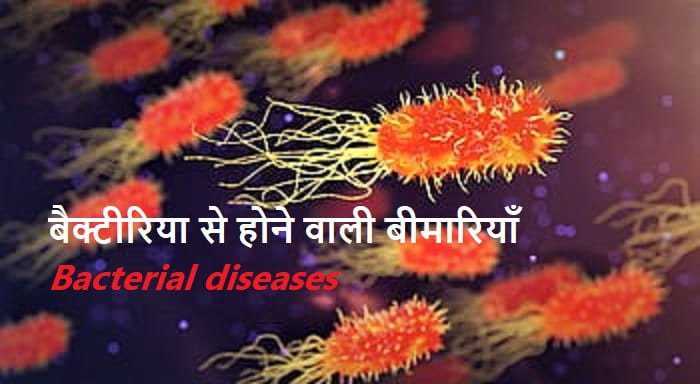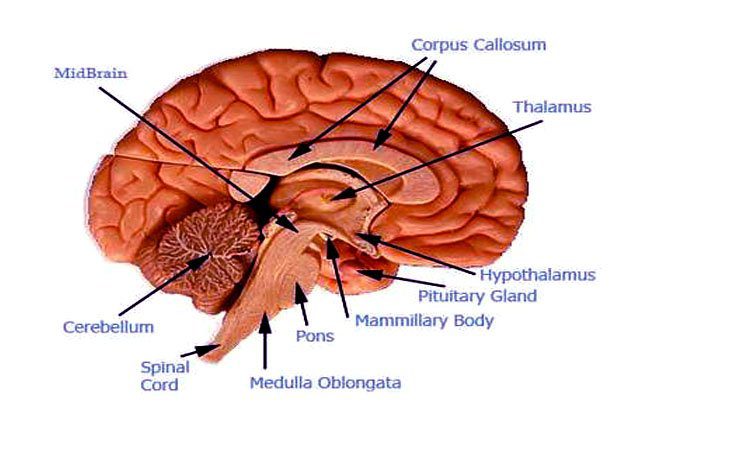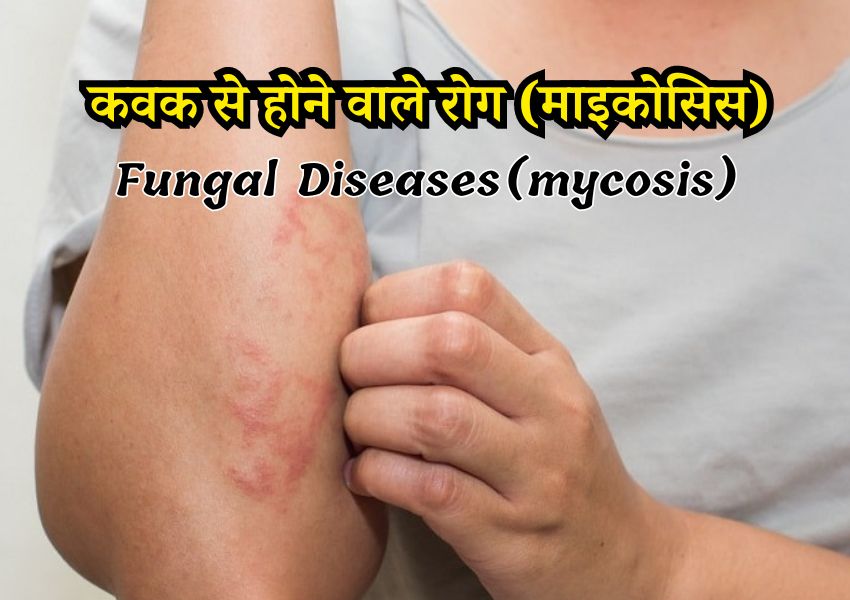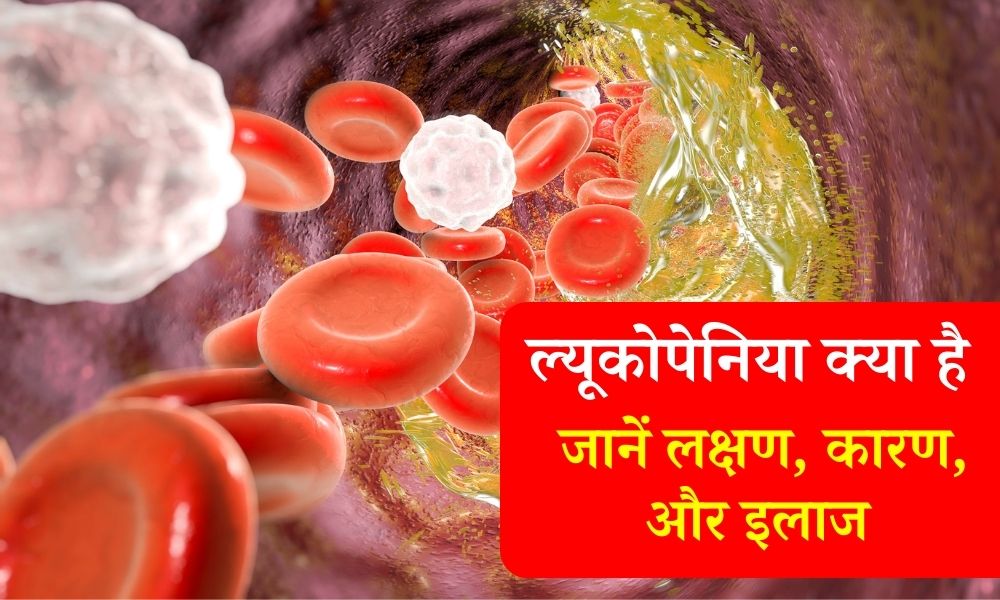Food poisoning is a common yet distressing condition that occurs after consuming contaminated food. Also known as foodborne illness, it affects millions of people each year worldwide. This article covers everything you need to know about food poisoning, from its causes and symptoms to treatment and prevention.
What is Food Poisoning?
Food poisoning is an illness caused by eating food contaminated with harmful bacteria, viruses, parasites, or toxins. It can range from mild to severe and may result in serious health complications, particularly in young children, pregnant women, older adults, and individuals with weakened immune systems.
Common Causes of Food Poisoning

There are various causes of food poisoning, often due to contamination at different stages of food production, processing, and handling. The most common causes include:
1. Bacteria
Bacteria are the most common cause of food poisoning. The most frequently responsible bacteria include:
- Salmonella: Found in raw poultry, eggs, and unpasteurized milk.
- E. coli: Found in undercooked beef (especially ground beef), raw vegetables, and contaminated water.
- Listeria: Found in deli meats, hot dogs, and soft cheeses made from unpasteurized milk.
- Campylobacter: Found in raw or undercooked poultry, unpasteurized milk, and contaminated water.
2. Viruses
Certain viruses can also cause foodborne illness:
- Norovirus: A common cause of gastroenteritis, often spread through contaminated water, shellfish, and fresh produce.
- Hepatitis A: Typically transmitted through contaminated food or water, especially in areas with poor sanitation.
3. Parasites
Parasites are less common but can still cause foodborne illness:
- Giardia: Found in contaminated water.
- Toxoplasma: Found in undercooked meat, especially pork, lamb, and venison.
4. Toxins and Chemicals
Some food poisoning is caused by toxins produced by bacteria or chemicals that contaminate food. For example:
- Staphylococcus aureus: Produces toxins that cause food poisoning, typically from improperly stored or prepared food.
- Clostridium botulinum: Produces a deadly toxin leading to botulism, often found in improperly canned or preserved food.
Symptoms of Food Poisoning

Symptoms of foodborne illness can vary depending on the source of contamination but typically include:
- Nausea and Vomiting: The body’s immediate reaction to try to expel the harmful substances.
- Diarrhea: Watery or bloody stools are common as the digestive system reacts to the infection.
- Abdominal Pain and Cramps: Pain and cramping in the stomach area are often severe.
- Fever: A mild to high fever may develop as the body fights off the infection.
- Fatigue and Weakness: The loss of fluids and nutrients can lead to feelings of weakness and tiredness.
Food poisoning symptoms usually appear within hours to a few days after consuming the contaminated food. They can last from a few hours to several days, depending on the severity of the illness.
Food Poisoning Risk Factors
Some factors increase the risk of developing food poisoning, such as:
- Age: Infants, young children, the elderly, and pregnant women are at higher risk due to weaker or compromised immune systems.
- Pre-existing Conditions: People with chronic illnesses like diabetes, liver disease, or cancer, and those with weakened immune systems, are more vulnerable.
- Pregnancy: Pregnant women are more susceptible to foodborne illnesses due to changes in the immune system.
- Travel: Travelers to countries with poor sanitation and food safety standards are at higher risk.
Food Poisoning Diagnosis
Food poisoning is typically diagnosed based on symptoms and a medical history of recent food consumption. In severe cases, your doctor may request diagnostic tests to identify the specific bacteria, virus, or parasite responsible. These tests may include:
- Stool tests
- Blood tests
- Urine tests
Once the cause of food poisoning is identified, appropriate treatment can be administered.
Treatment of Food Poisoning
Most cases of foodborne illness resolve on their own without the need for medical treatment. However, some cases may require specific interventions:
1. Hydration
The most critical aspect of treating food poisoning is preventing dehydration, particularly if vomiting and diarrhoea are severe. Drinking water, oral rehydration solutions (ORS), or clear broths is essential to replace lost fluids and electrolytes.
2. Rest
Resting allows the body to recover from the infection. Avoid strenuous activities and give the body time to heal.
3. Medications
- Anti-diarrheal medications: These can help reduce the frequency of diarrhoea, though they should be used cautiously.
- Antibiotics: In cases caused by certain bacteria, antibiotics may be prescribed. However, they are not effective against viruses and may not always be needed for bacterial infections.
4. Hospitalization
In severe cases, hospitalization may be required, especially if there is a risk of severe dehydration or organ complications.
Complications of Food Poisoning
While most cases of food poisoning are mild and self-limiting, severe cases can lead to complications such as:
- Dehydration: Severe vomiting and diarrhoea can result in significant fluid loss, leading to dehydration, which may require medical intervention.
- Kidney Damage: Some types of food poisoning, such as from E. coli, can lead to hemolytic uremic syndrome (HUS), which affects kidney function and may cause kidney failure.
- Chronic Health Issues: In some cases, food poisoning can cause long-term health problems such as arthritis, nerve damage, or even death in extreme cases.
Prevention of Food Poisoning

Preventing food poisoning involves practising good food hygiene and safety practices at home, dining out, or travelling. Key preventive measures include:
1. Proper Food Handling
- Wash Hands and Surfaces: Always wash your hands thoroughly before handling food—clean surfaces, cutting boards, and utensils regularly.
- Separate Raw and Cooked Foods: Use separate cutting boards and utensils for raw meats, poultry, and seafood to avoid cross-contamination.
2. Safe Food Storage
- Refrigeration: Store perishable foods in the refrigerator and avoid leaving food at room temperature for extended periods.
- Freezing: If not used within a short time, freeze foods to prevent bacterial growth.
3. Cook Foods Thoroughly
- Use a Food Thermometer: Ensure meats, poultry, and seafood are cooked to the appropriate internal temperature to kill harmful bacteria.
- Reheat Leftovers Properly: When reheating leftovers, ensure they are heated to steaming hot temperatures throughout.
4. Safe Food Selection
- Check Expiry Dates: Always check the expiration dates before purchasing or consuming food products.
- Inspect Packaging: Avoid buying food in damaged or bulging packaging, as this may indicate spoilage or contamination.
5. Be Cautious with High-Risk Foods
- Avoid raw or undercooked eggs: Ensure eggs are thoroughly cooked, especially for pregnant women and the elderly.
- Be careful with seafood: Only consume seafood from reputable sources and cook it thoroughly.
Conclusion
Food poisoning is an unpleasant experience that can range from mild discomfort to life-threatening conditions. Understanding the causes, recognizing symptoms, and taking preventive measures are vital for protecting yourself and your family from foodborne illness. By following food safety practices and being cautious about what you eat, you can significantly reduce your risk of food poisoning and ensure a healthier, safer dining experience.

























Leave a Reply